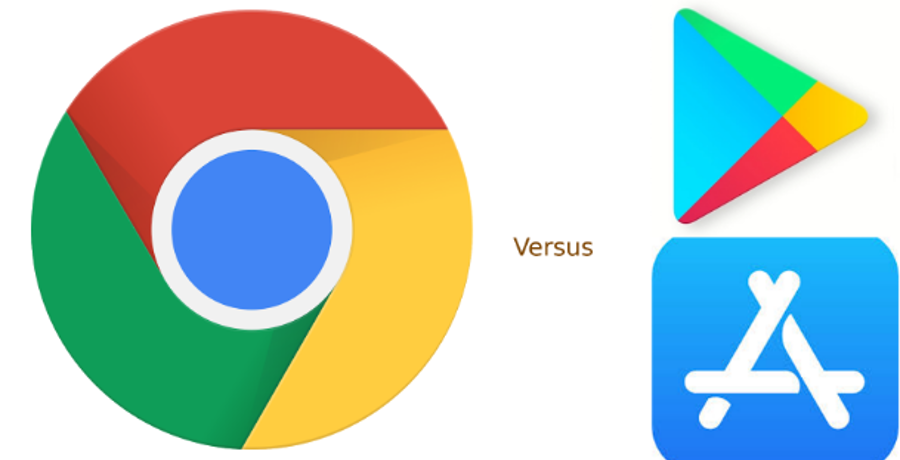
Augmented Reality (AR), Machine Learning (ML) are undoubtedly great tech in their own ways. Industries have already started utilizing and reaping the benefits from them. In spite of the advancements, a small task of installing a separate app is considerably a big hindrance both for the end user and for the app developer.
Drawbacks of Maintaining the apps:
On the flip side, browser based apps are much thinner, light-weight and easier to maintain because it is just a front-end interface that bridges the end user and powerful servers.
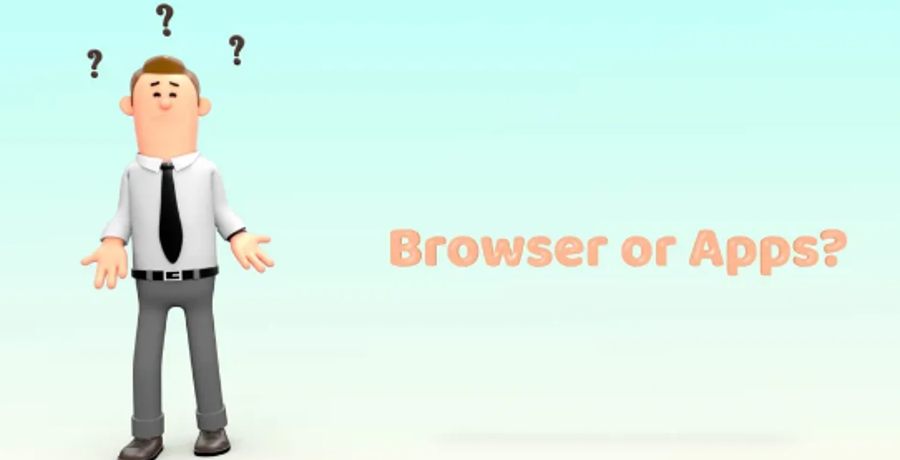
Updating the browser app is easy because the full control is on the server side.
Evidence of the browser’s power
Powerful functionalities like Machine Learning (ML), Augmented Reality (AR) and rich 3d graphics can be run in the browser itself. The browser based AR experience like AR tiger, AR bacteria resulting from the google search is an evidence of the power of the browsers. It has totally removed the barrier of app installation.
Magic behind most modern powerful browser apps
Also, the new trend of WASM or Web Assembly is the magic behind some modern web applications that has a unique advantage by allowing developers to build the application in their own choice of programming language and thus breaking the barrier of having to use Javascript to run the web apps. Now, the web assembly has allowed the graphics to be rendered natively in the browser and thus allowing new ways of using the technology in the web apps. The apps like virtual expos to be rendered in the browser itself is an example of such tech being used.
The usage of browser in tvs is next step in evolution of communication
Video-Calling via browsers in TV
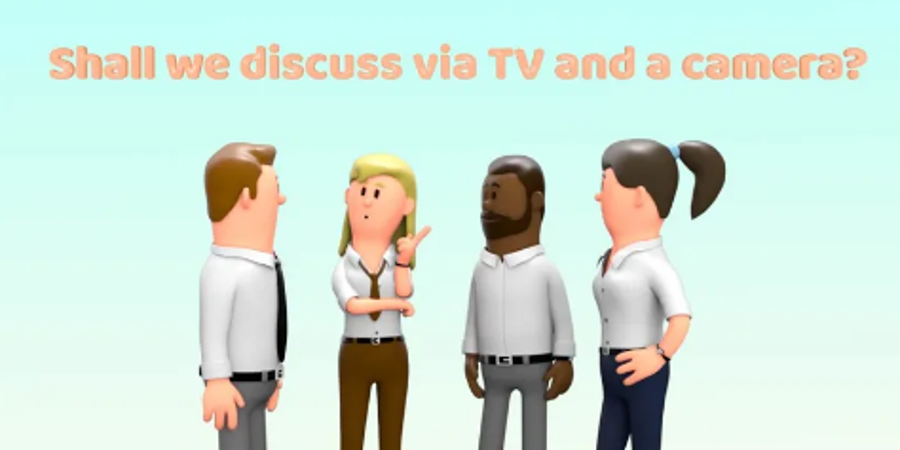
Video conferencing app via TV browser would be great where virtual avatars can represent each of the participants in the call.
Virtual Try-On App
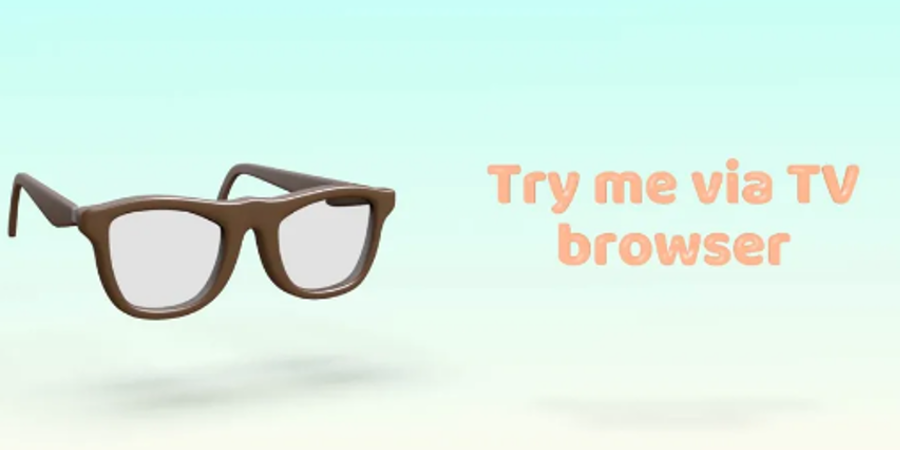
When the user wants to try new jewellery or new fashion products like glass or dress in their personal space. TV with a camera would be the perfect destination for such a virtual try-on. The camera can be used to track the users’ face and body poster. By utilizing the browser based ML (machine learning) platforms like the Tensorflow JS the video feed from the camera can be augmented with the virtual artifact to be worn by the end-user.
Virtual shopping in 3d
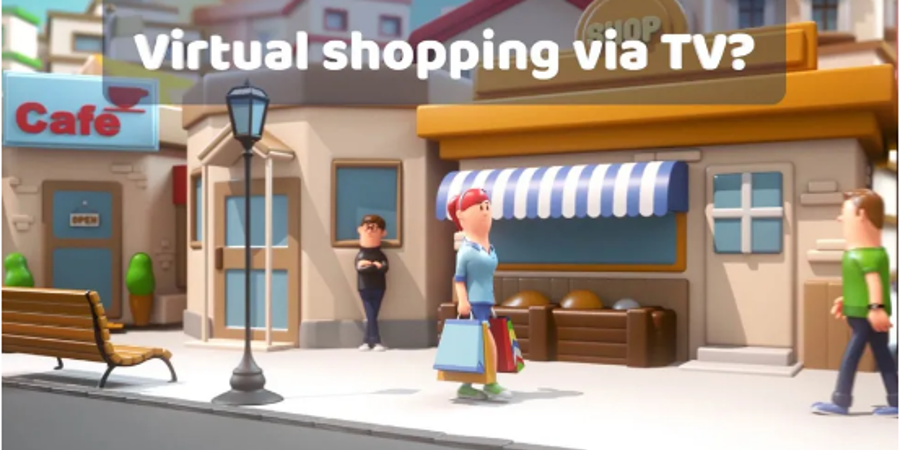
The virtual shopping on TV would be a great experience to true online shopping that mimics the real world shopping experience. Where the user can navigate to different stalls and shops and do a virtual try-on as suggested above.
Conclusion
Thus the browsers are becoming powerful everyday. We will see new possibilities and new use cases emerging out of it.

Leave A Comment
sign in to post your comment or signup if you dont have any account.